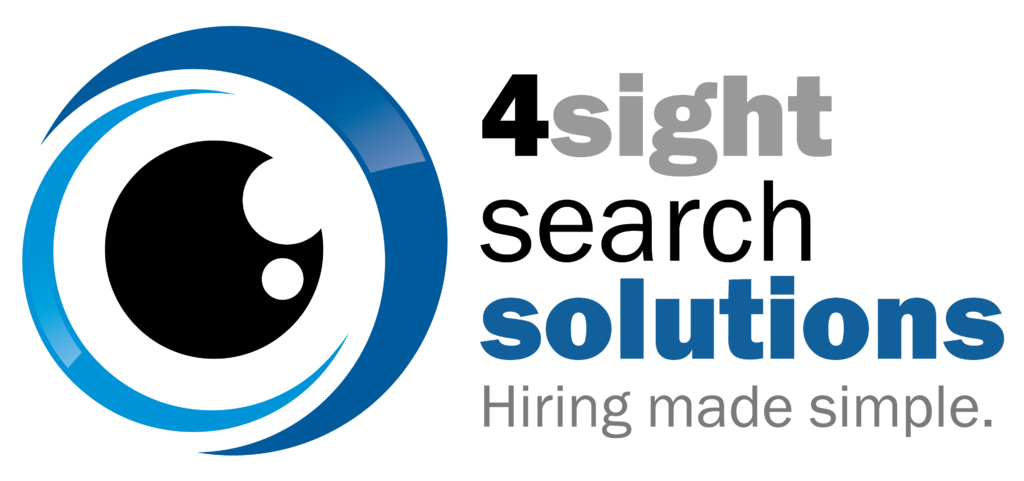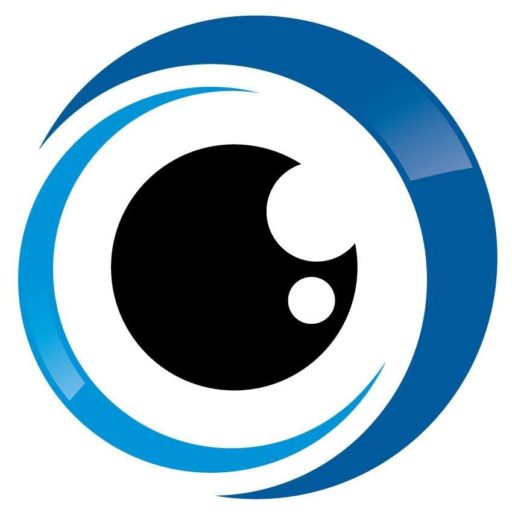
Artificial intelligence (AI) is transforming the world of recruitment. From resume screening to interview scheduling, AI-powered tools are helping employers identify and connect with top talent faster than ever before. While AI brings innovation and efficiency, it also raises important questions about fairness, bias, and the importance of keeping the human touch in the hiring process.
This blog looks at how AI is reshaping hiring—and how organizations can embrace these tools responsibly and effectively.
The Rise of AI in Hiring
AI in recruitment refers to the use of algorithms, machine learning, and automation to evaluate candidates, predict job performance, and streamline various stages of the hiring process. Today, AI-driven Applicant Tracking Systems (ATS), chatbots, and predictive analytics are common tools in the recruiter’s toolkit.
In Canada, both private companies and public organizations are exploring how AI can make hiring more efficient, consistent and fair. AI doesn’t just make recruitment faster—it allows organizations to process and analyze more candidate data than ever before, helping identify promising individuals who might otherwise be overlooked.
The Benefits of AI in Recruitment
- Efficiency and Time Savings AI can automate repetitive administrative tasks like resume screening, interview scheduling, and candidate communication. This allows recruiters to focus their time on building relationships and assessing fit, rather than managing logistics.
- Data-Driven Decision Making AI tools analyze large amounts of data to identify patterns in successful hires, helping recruiters make more informed decisions. By evaluating factors like experience, skills, and qualifications, AI can help predict which candidates are most likely to thrive in a given role.
- Enhanced Candidate Matching AI-powered systems use predictive analytics to match candidates with job openings more accurately. This ensures qualified applicants aren’t missed and hiring teams spend their time reviewing strong contenders.
- Improved Candidate Experience Chatbots and automated updates help keep candidates informed throughout the hiring process, reducing frustration and improving engagement. When used thoughtfully, AI can create a smoother, more consistent experience for applicants.
Challenges and Limitations of AI in Hiring
While the benefits of AI are clear, there are also risks that must be managed.
- Potential for Bias If an algorithm is trained on biased data, it can unintentionally replicate or even amplify those biases. For example, if past hiring data favoured certain demographics or backgrounds, AI may learn and repeat those patterns.
- Lack of Human Context AI is not capable of assessing soft skills like emotional intelligence, adaptability, or teamwork—qualities that are often crucial for long-term success.
- Candidate Adaptation As AI screening becomes more common, job seekers are adapting their resumes and online profiles to use the language of AI. Candidates are also increasingly optimizing their content to align with algorithmic screening tools.
- Privacy and Compliance Concerns With the use of AI comes a responsibility to handle personal data carefully. Employers must ensure their hiring practices comply with privacy laws and be transparent about when and how AI is used in the recruitment process.
Balancing AI with the Human Element
AI is a powerful tool, but, it’s not a replacement for human intuition and judgment. Recruiters bring empathy, insight, and perspective to the hiring process, which are qualities technology simply cannot replicate.
The most effective hiring strategies blend automation with personalization. AI can efficiently handle the first stage of screening, while human recruiters assess cultural fit, motivation, and long-term potential. When recruiters use AI insights as a guide, not a decision-maker, they can achieve the best of both worlds: precision and personalization.
Best Practices for Using AI in Recruitment
To use AI responsibly and effectively, employers should:
- Use AI as a support tool, not a replacement: Allow AI to assist with data processing and screening, but ensure people make the final hiring decisions.
- Audit algorithms for fairness: Regularly review AI systems for potential bias and accuracy to ensure fair outcomes.
- Communicate with candidates: Be transparent about the use of AI and provide opportunities for candidates to ask questions or appeal decisions.
- Invest in recruiter training: Help hiring teams understand how to interpret AI data and apply it ethically.
- Protect candidate privacy: Follow Canadian privacy laws and ethical guidelines to safeguard sensitive applicant information.
Quick Fact
- 30% faster average time-to-hire when AI automation is used for screening and scheduling (Forbes, 2025).
Conclusion
AI is reshaping the recruitment landscape, bringing greater efficiency, accuracy, and data-driven insights to the hiring process. But even the most advanced technology cannot replace the human qualities of intuition, empathy, and understanding that define successful recruitment. The key lies in striking the right balance—using AI to enhance, not replace, human judgment.

